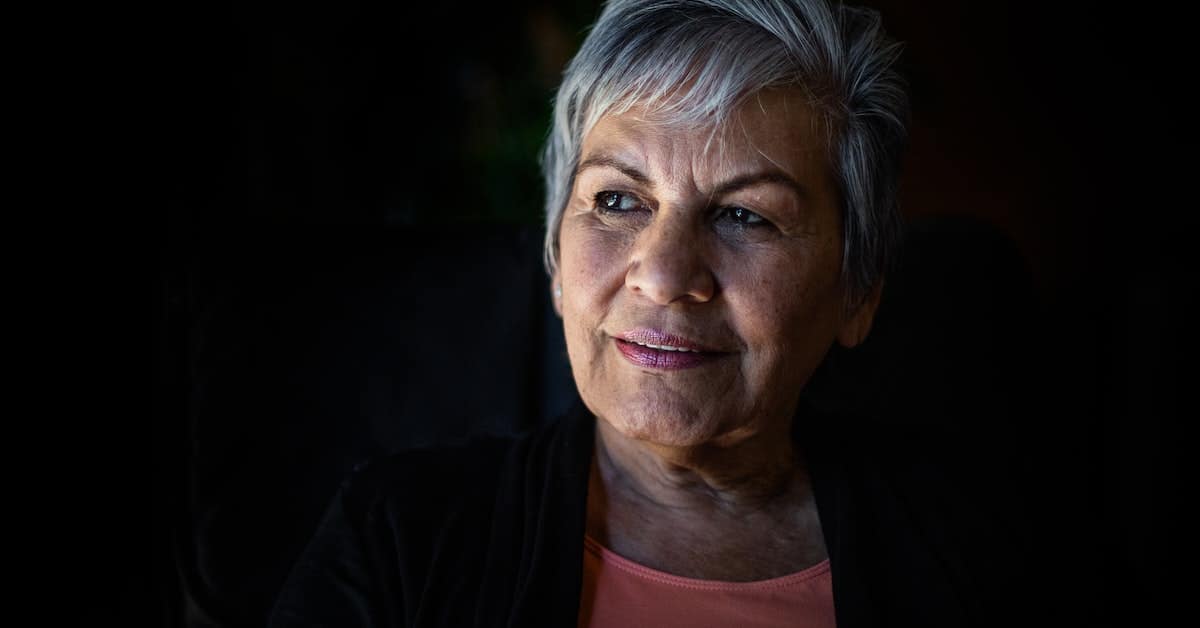The probate process determines the legitimacy of a will and ensures the deceased’s assets are distributed appropriately.
But when is it required, and can it be avoided? Dive into the intricacies of Australian probate requirements to better understand its significance and implications.
Why is Probate Necessary?
Probate is a legal process in Australia that authenticates a deceased person’s last will. It is necessary for several reasons:
- Probate provides a formal court validation that the will presented is indeed the last valid will of the deceased, ensuring that it hasn’t been revoked, altered, or superseded by a newer will.
- Probate gives the executor the legal authority to access and distribute the deceased’s assets according to the will. Without it, banks, financial institutions, and other entities might refuse to release assets.
- Obtaining probate offers legal protection to executors when they distribute the deceased’s assets. If they do so without probate, they might be held personally liable if disputes arise.
- Before assets are distributed to beneficiaries, the deceased’s outstanding debts, including taxes, must be settled. Probate ensures a systematic process for notifying creditors and settling valid claims.
- Probate provides a framework for resolving disputes over the will’s interpretation or asset distribution.
- The probate process is overseen by the courts, which ensures that the deceased’s wishes are carried out lawfully and that beneficiaries and creditors are treated fairly.
It’s worth noting that not all estates require probate in Australia. The necessity often depends on the type and value of the assets involved.
However, for many estates, especially those of significant value or complexity, probate is essential to ensure lawful and orderly asset distribution.
Also read: When a Parent Leaves Everything to One Child in Australia
Are Bank Accounts and Other Financial Assets Always Subject to Probate in Australia?
No, bank accounts and other financial assets don’t always undergo probate. If accounts are jointly held, funds typically pass to the surviving holder, bypassing probate.
Banks often have a monetary threshold; funds may be released without probate if the deceased’s account is below this.
Some accounts, like superannuation, allow direct nominations of beneficiaries, thus avoiding probate.
However, each institution has its policies, and while some assets may bypass formal probate, they might still be subject to taxes.
Our probate lawyers are knowledgeable in handling cases like this. As always, speaking with a legal professional for help is better.
When is Probate Required?
The requirement for probate depends on various factors related to the nature of the deceased’s assets and the stipulations set by institutions holding those assets.
Here’s a general overview of when probate is typically required in Australia:
- Real Estate Owned Solely or as Tenants in Common: If the deceased owned property in their sole name or held property as a tenant in common with others, probate is generally required to sell or transfer the property.
- Significant Bank Balances: Banks and financial institutions have threshold amounts, and if the amount of money held with them exceeds this threshold, they might ask for probate before they release the funds. The threshold can vary between institutions.
- Shares and Securities: If the deceased held shares in a company or had other securities, the share registry or company might require probate to transfer or sell those shares.
- Life Insurance Policies: If the deceased had life insurance policies not nominating a beneficiary or where the estate is the beneficiary, the insurer might require probate to release the funds.
- Larger, More Complex Estates: For estates with a mix of assets like real estate, shares, and bank accounts, probate can provide a streamlined process for the executor to deal with all assets.
- Disputed Will: If there are concerns that the will might be contested or doubts about its validity, going through the probate process can provide legal clarity.
- Absence of a Will: While not technically “probate,” if someone dies without a will (intestate), a similar process, called “letters of administration,” is required to administer the estate.
It’s worth noting that only some real estate in Australia require probate.
Smaller estates with assets held jointly (which pass directly to the other joint owner) or with nominated beneficiaries might not need to go through the probate process.
Executors or next-of-kin should always seek legal advice specific to their circumstances to determine if probate or letters of administration are required.
When is Probate Not Required?
Probate is not always required. Whether or not probate is necessary depends on the type and nature of assets the deceased person owns and the requirements of institutions that control these assets.
1. Predominance of Joint Assets
Concept: Many individuals hold assets jointly, especially with spouses or other family members. These arrangements come with a principle known as the ‘right of survivorship’.
What It Means: When one of the joint asset holders passes away, the asset in question automatically transitions to the surviving co-owner without necessitating probate intervention.
Examples: Common joint assets include homes (jointly titled), joint bank accounts, and other shared investments.
However, it’s important to note that not all joint holdings automatically confer the right of survivorship. The specific arrangement’s nature matters.
Considerations: While joint ownership offers the benefit of probate avoidance, it does intertwine the financial liabilities of co-owners.
This interlinking means if one co-owner encounters financial troubles, the asset may be exposed to potential claims.
2. Presence of Nominated Beneficiaries
Concept: Certain assets and financial accounts permit the owner to designate beneficiaries explicitly. These nominations clearly dictate who should inherit the asset upon the owner’s demise.
What It Means: Assets with clear beneficiary nominations sidestep the probate process, directly transferring to the named beneficiaries upon the owner’s death.
Examples: Assets commonly featuring beneficiary nominations include life insurance payouts, superannuation funds, and specific retirement accounts.
Considerations: Beneficiary designations can override even the stipulations of a will. Therefore, periodically reviewing these nominations, especially post significant life events, is essential to ensure they align with the individual’s evolving intentions.
3. The ‘Small Estate’ Clause
Concept: Estates that don’t meet certain monetary thresholds or those without significant assets may not necessitate a full probate process.
What It Means: Depending on the jurisdiction, predefined criteria determine what constitutes a “small estate”. If an estate falls below this threshold, it may qualify for a simplified, expedited process or completely bypass probate.
Examples: An estate primarily comprising personal belongings, cash, or minor investments and devoid of real estate holdings might fall into this category.
Considerations: The benchmarks defining ‘small estates’ vary widely between Australian states and territories. Hence, it’s crucial to familiarise oneself with the local legal parameters.
While probate is a foundational pillar in estate settlements, multiple avenues can obviate its need. It’s always prudent, however, to consult with legal professionals to ensure that the estate’s management aligns with the deceased’s intentions and adheres to prevailing legal standards.
Are There Legal Provisions on How to Avoid Probate?
Yes, certain sections in Australian law address this issue.
To avoid probate, it’s always best to check the 33Z of the Succession Act of 1981, which provides detailed guidance on who is entitled to inspect the will or obtain a copy.
This will allow you to prepare best and aim for a probate-free will.
Should I Engage Probate Lawyers if I Want to Avoid Probate?
Engaging probate lawyers can provide clarity on your specific situation and guide you through the complexities of estate planning. Their expertise ensures your assets are structured in a way that minimises the need for probate while safeguarding your beneficiaries’ interests.
Example of How We Can Simplify Inheritance for Retirees
A 68-year-old retired engineer, after attending an estate planning seminar, sought to seamlessly transfer his considerable estate, including real estate, insurance, superannuation, and stocks, to his three children.
He contemplated establishing a living trust because he was concerned about a joint bank account with his eldest child, who recently undertook a debt-heavy business venture, and outdated beneficiaries in his superannuation due to personal changes.
He approached legal experts for advice on managing these assets, aiming to bypass probate and ensure a smooth inheritance for his heirs.
Addressing concerns about his joint bank account due to his eldest child’s business liabilities, we advised segregating the account to protect shared assets and crafted an agreement defining access rights.
They updated the client’s superannuation beneficiaries, reflecting his life changes, and seamlessly set up a living trust, incorporating his assets.
The team’s comprehensive review identified and resolved potential estate issues, instilling confidence in the client.
Walker Pender ensured a strategic, efficient inheritance process for his heirs.
Need Clarity on Probate Requirements in Australia?
Navigating the complexities of probate in Australia can be daunting.
Don’t leave your legacy to chance. At Walker Pender, we’re dedicated to providing clear, concise advice tailored to your unique situation. Why wonder when you can know?
Contact us today and let our expert team guide you through every step. Your peace of mind is our priority.



